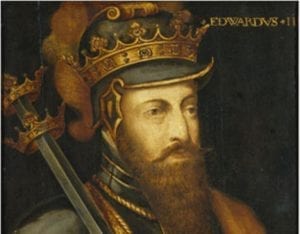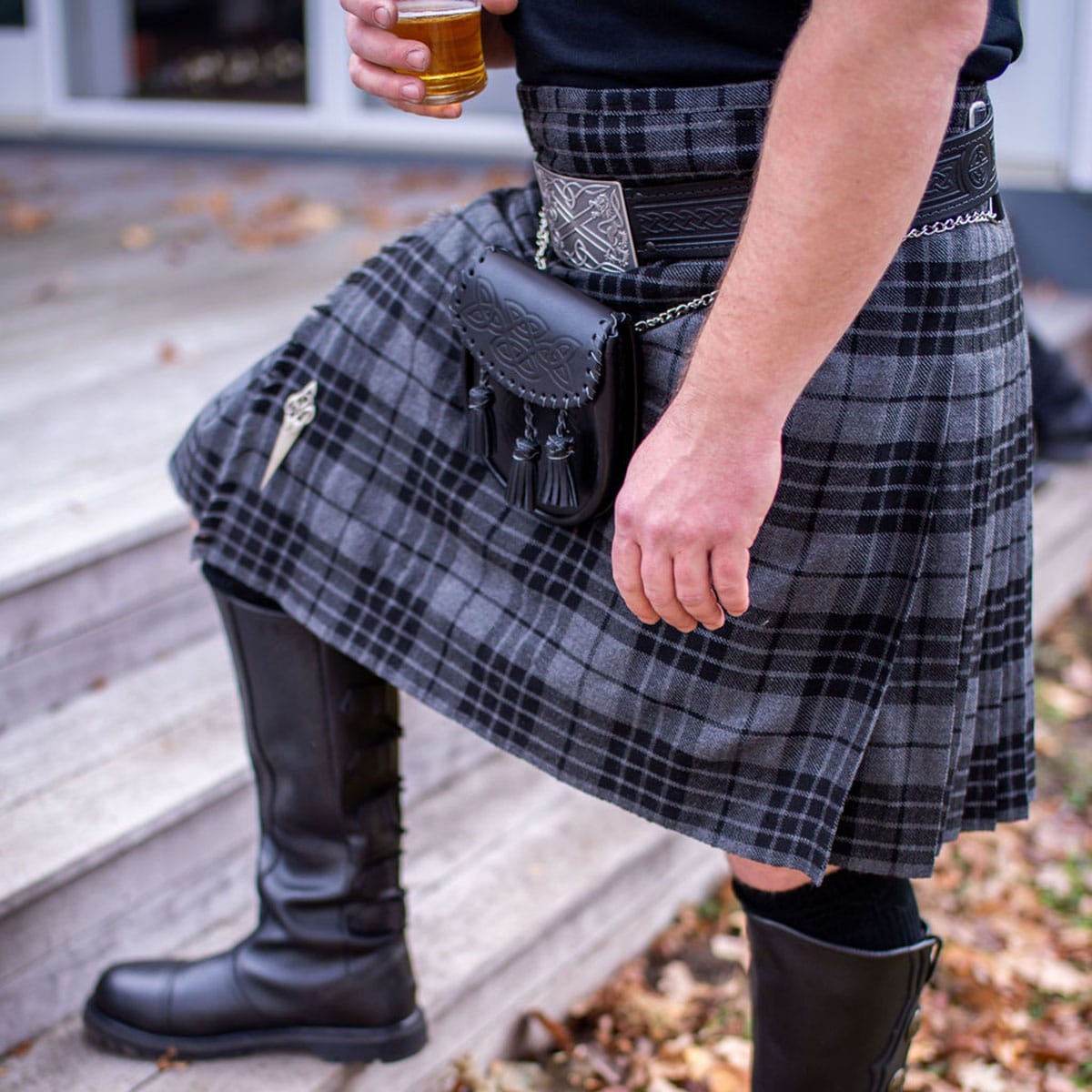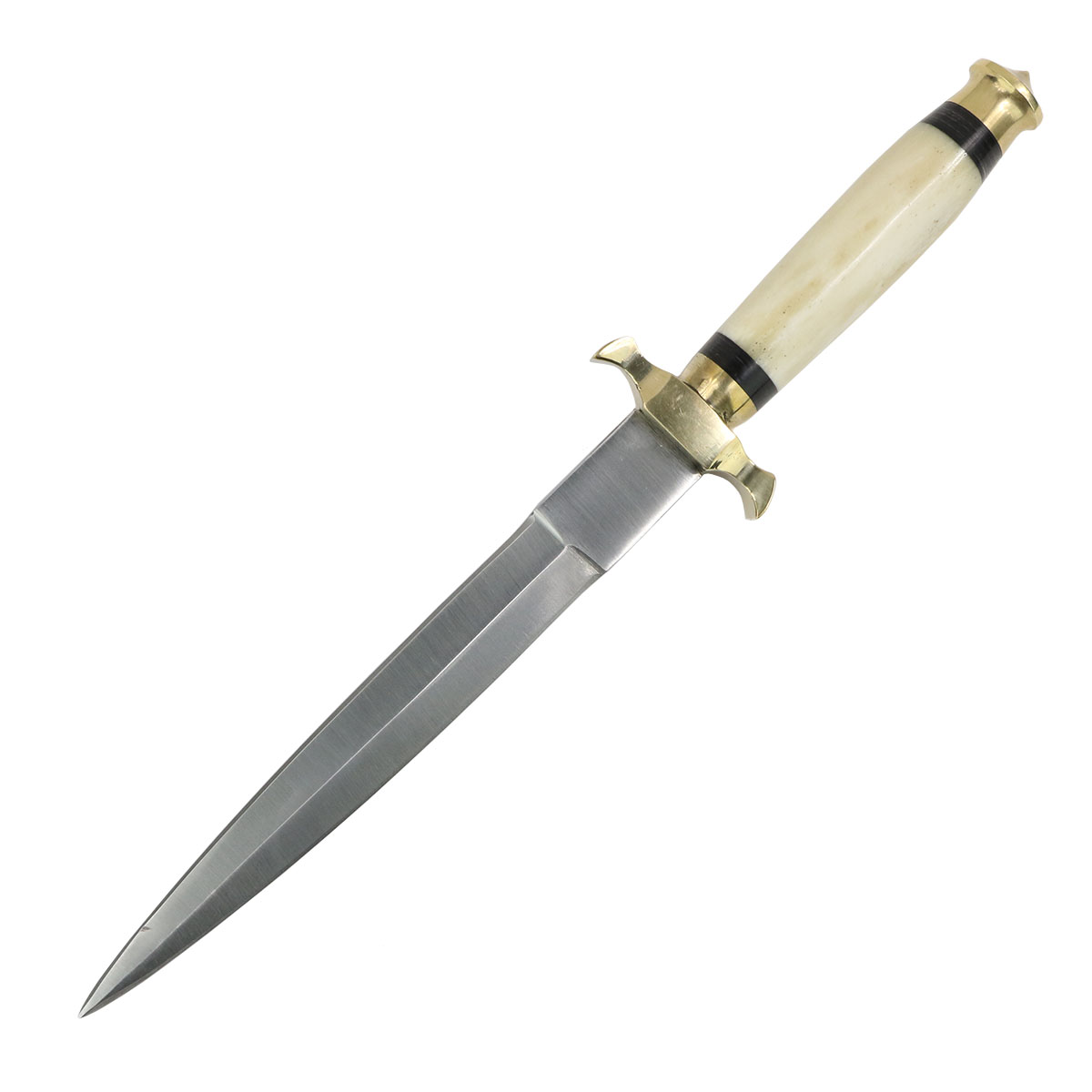Originally published July 2008.
Origins of Anglo-Irish Animosity
Some of the roots of the animosity between the Irish and the English go back even further than the religious conflicts of the Protestant Reformation. English kings feared that if they did not dominate the smaller island, some continental power might gain a foothold there, and use it as a secondary base from which they could out flank England and launch a two-sided invasion. Thus domination of Ireland was seen as vital to English security.

As early as the reign of Edward III (1327-1377) many Norman-Irish landowners had begun to live comfortably in England off of the rents they collected from their Irish tenants. Even the English Parliament denounced the abuses of absentee landlords who, for the next three centuries, continued to be one of the inspirations for Irish revolts against English control.
On the other hand it was found that English landowners who did live on their Irish holdings, over time, “went native” -marrying Irish women and adopting Irish ways. Among it’s 36 acts the 1366 Statute of Kilkenny banned the intermarriage between Irish and English as well as other intimate relations such as the fosterage of children:
“But now many English of the said land, forsaking the English language, manners, mode of riding, laws and usages, live and govern themselves according to the manners, fashion, and language of the Irish enemies; and also have made divers marriages and alliances
between themselves and the Irish enemies aforesaid; whereby the said land, and the liege people thereof, the English language, the allegiance due to our lord the king, and the English laws there, are put in subjection and decayed, and the Irish enemies exalted and
raised up, contrary to reason… it is ordained and established, that no alliance by marriage, gossipred (god parent), fostering of children, concubinage or by amour, nor in any other manner, be hencefoth made between the English and Irish of one part, or of the other part.”
https://en.wikipedia.org/wiki/Statutes_of_Kilkenny
It further prevented Irishmen from being accepted in English religious organizations, and no Irish bards were to enter “English” homes. These restrictions failed in the long run, and in the words of historian Will Durant, “The roses in Irish cheeks outshone the majesty of the law,” and the dilution of English culture in Ireland continued.
It was only the internal conflicts in Ireland that prevented the Irish chiefs from expelling the English during the Wars of the Roses. And after Henry VII re-established English authority, Sir Edward Poynings emasculated the Irish government by passing “Poynings’ Law” (1494) which said that no future Irish Parliament could convene until all until all bills presented to it had been approved by the English king and Privy Council. The Irish government continued to be ineffective and corrupt as the English appointed one after another of the sixty chieftains as the viceroy’s deputy who was commissioned to buy or subdue the rest of the chieftains and helped collect English taxes to keep Ireland poor and weak.




